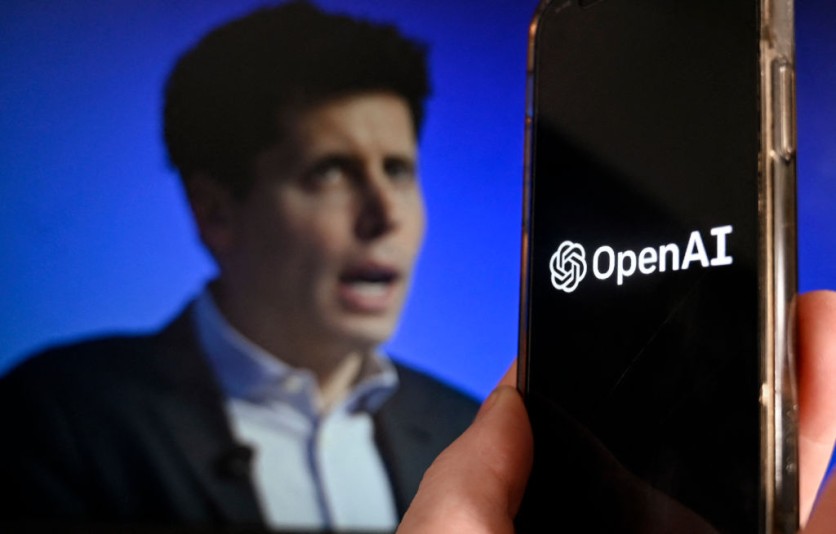OpenAI has fully blocked access to China to its technology, with the latest change centering on its LLMs (large language models), which are no longer available for Chinese developers to use for their technology. It is known that China was the first to draw the line against the American company's technology when it placed a ban on ChatGPT and locked it behind the country's firewall.
Despite this, developers have had the chance to take advantage of its technology by using VPNs to access said LLMs, but that is no longer available.
OpenAI Blocks LLM Access for Chinese Developers
Greenbot reported that OpenAI is jacking up its measures to prevent its LLM and API access for Chinese developers in the coming days after initially blocking devs with its July 9 enforcement. This was because Chinese developers intuitively skirted the block imposed by OpenAI by using VPNs to access American technology.

The reason behind these latest changes remains unknown, especially with its rush to block China's access to its API access and large language models.
It is also believed that OpenAI's restrictions were part of the United States' sanctions against China to access its technology, originally centering on hardware.
OpenAI's ChatGPT is Already Banned in China
The US and China's rivalry in technology is also among the root causes of this ban, with the rift now widening for Asia's superpower, which is also leading to its severing ties with OpenAI. ChatGPT was banned in China, with it being inaccessible as it was blocked from its firewall, with the latest from OpenAI cracking down on VPNs that still access its technology in the country.
OpenAI and the Chinese AI Access
AI and China have been a massive threat to the world's technology, especially with the massive developments of the East Asian superpower in the field and its renowned companies leading the charge. The US restrictions for technology placed over China are also a factor, with OpenAI previously cutting ties with the country and centering on the new restrictions that took effect last July 9.
Initially, OpenAI cut China's access to the company's API (application programming interface), which led to many technologies and experiences that rely on its AI models losing access and functionality. However, one company is already looking to step up its game in the country, with Baidu introducing Ernie 4.0 Turbo AI, the renowned rival of ChatGPT.
The Chinese government has previously taken measures against ChatGPT and OpenAI, blocking them from government devices and locking them behind a firewall for all users. Chinese developers were able to skirt these measures using VPNs, but that is also going to change with the latest changes from OpenAI, which will target spoofed location or backdoor access entirely.

ⓒ 2025 TECHTIMES.com All rights reserved. Do not reproduce without permission.




